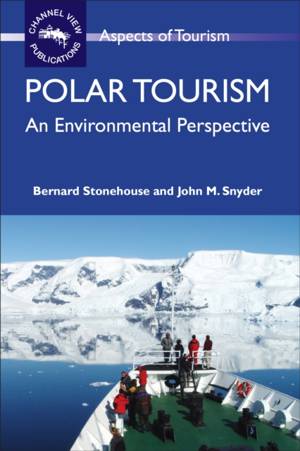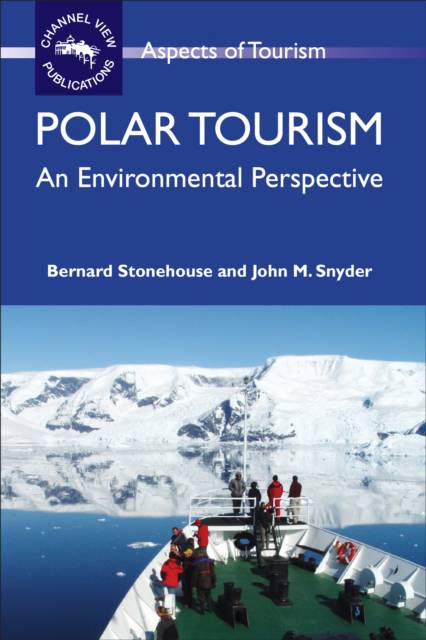
- Retrait gratuit dans votre magasin Club
- 7.000.000 titres dans notre catalogue
- Payer en toute sécurité
- Toujours un magasin près de chez vous
- Retrait gratuit dans votre magasin Club
- 7.000.000 titres dans notre catalogue
- Payer en toute sécurité
- Toujours un magasin près de chez vous
Polar Tourism
An Environmental Perspehb: An Environmental Perspective
Bernard Stonehouse, John SnyderDescription
Tourism throughout the world raises environmental issues that are often concerned with conflicting rights and responsibilities: the inherent right of mankind to travel, the no-less inherent right of indigenous people to guard their environmental heritage, and the responsibility of governments - local, national or (in the unique case of Antarctica) international - to protect environments over which they exercise stewardship. Additionally, the presence of international commercial enterprises, especially marine and other mass transport modes, represent unique governance challenges.This book deals mainly with environmental issues and the management implications arising from polar tourism, one of the fastest-growing sectors of world tourism. However, many of the issues discussed here arise no less urgently in temperate and tropical wilderness areas, and indeed in any region where sensitive environments are subjected to mass tourism. The principles and guidelines discussed here are of interest and practical use in tourism studies generally.
Spécifications
Parties prenantes
- Auteur(s) :
- Editeur:
Contenu
- Nombre de pages :
- 232
- Langue:
- Anglais
- Collection :
- Tome:
- n° 43
Caractéristiques
- EAN:
- 9781845411466
- Date de parution :
- 07-06-10
- Format:
- Livre relié
- Format numérique:
- Genaaid
- Dimensions :
- 157 mm x 236 mm
- Poids :
- 476 g







